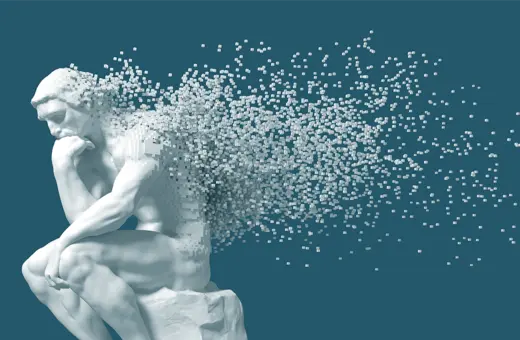As Western culture has shifted perspectives on open relationships, perhaps it can also learn how to understand and manage jealousy better.
In the twenty years since we published the first edition of our book The Ethical Slut: A Practical Guide to Polyamory, Open Relationships, and Other Freedoms in Sex and Love, the word “polyamory” has evolved from a scrap of niche jargon to a headline on the cover of Newsweek; one in five Americans reports having participated in an open relationship; consensual non-monogamy has been positively portrayed in many television shows and movies.
Twenty years ago, it was common to hear polyamorous folks accusing each other of jealousy as if it were a deadly sin – whereas today, a “jelly moment,” or attack of jealousy, may be understood as inevitable and even as a potential source of personal growth.
___
"Surmounting jealousy is made more difficult by a culture that treats it as an overwhelming emotion, possibly the worst emotion a human can have."
___
Surmounting jealousy is, however, made more difficult by a culture that treats it as an overwhelming emotion, possibly the worst emotion a human can have. (It is within our lifetimes that some states classified “cheating,” and thus jealousy, as justification for killing a spouse.) If you believe your jealousy is unsurvivable, learning to survive it can be impossible. However, our experience as polyamorists is that jealousy is like any other challenging emotion such as grief, anger, sadness or fear: it is not pleasant or fun, but it is manageable, and the tools for managing it can be learned.
It is for this reason that we believe the world of polyamory, open relationships, and other forms of consensual nonmonogamy has a great deal to teach the world of conventional relationships about this important topic. The last time we looked, monogamous people were not impervious to jealousy. So what’s different about how polyamorists approach this common and difficult emotion?
To answer that question, let’s start by defining our terms. “Jealousy” is not a monolithic experience: it may mean anything from territorial rage to profound grief to paralysing insecurity, with intensities ranging from barely-there to nearly overwhelming. This fluidity can make jealousy very difficult to tease apart, as one person’s feelings may be entirely different from another’s. In fact, the only quality that all experiences of jealousy have in common is that they are projected onto someone else, which may mean that the sufferer’s first instinct is to try to resolve the emotion by changing another person’s behavior.
___
"Jealousy is not a monolithic experience: it may mean anything from territorial rage to profound grief to paralysing insecurity, with intensities ranging from barely-there to nearly overwhelming."
___















Join the conversation